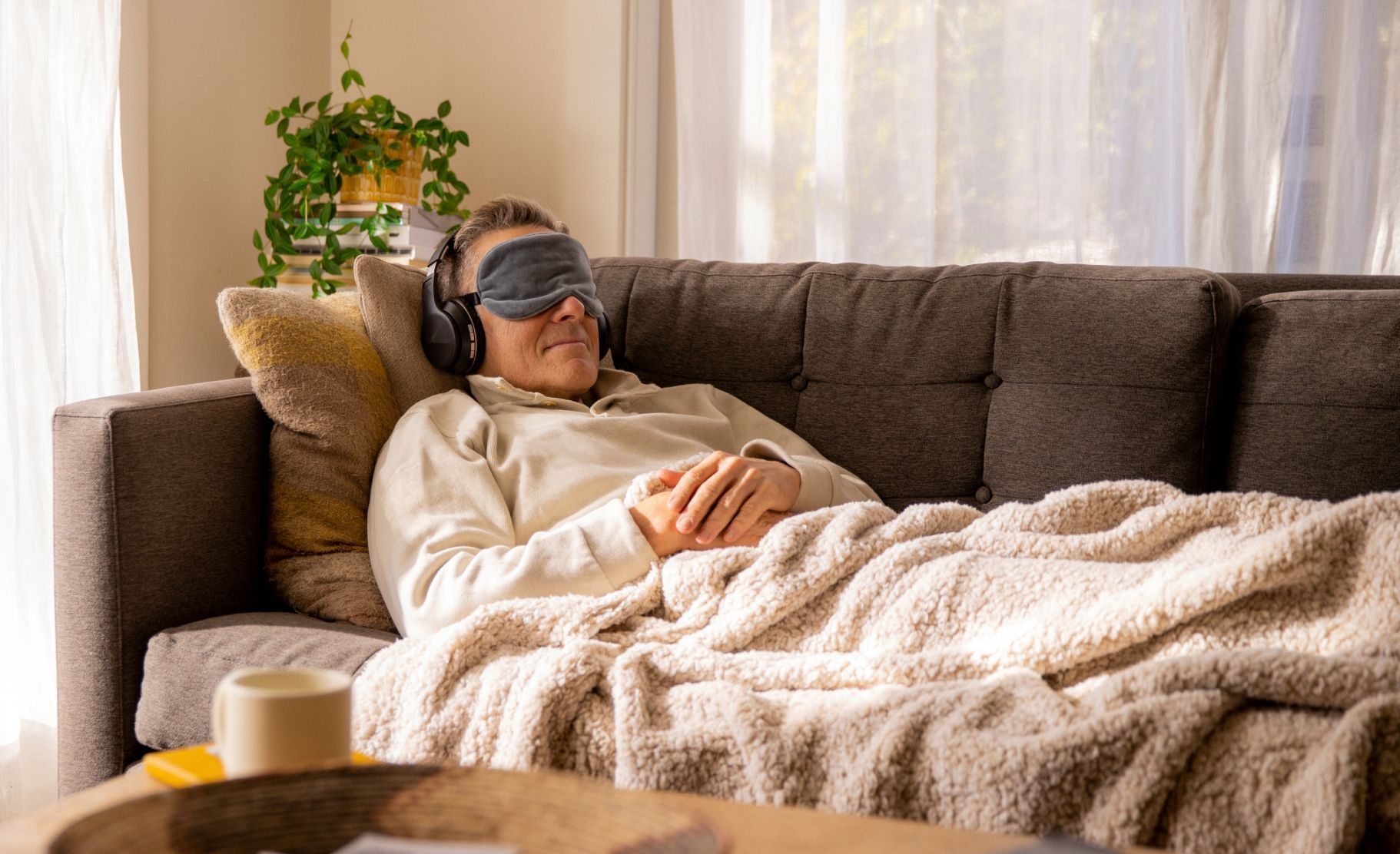Breaking the Stigma: Why Law Enforcement Professionals Are Turning to Therapy
Behind the Badge and Building Strength
As a therapist, I’ve had the privilege of working with many individuals in law enforcement. It’s a profession that demands so much—courage, resilience, and the ability to remain calm under pressure. But the emotional toll can’t be ignored. Behind the badge are people who feel deeply, who face trauma, and who often push through challenges that most of us can’t imagine.
The stigma around mental health in law enforcement runs deep. Many officers feel that seeking therapy might be viewed as a weakness, or that it could impact their careers. This misconception prevents so many from accessing the help they need. The reality is that therapy is a proactive step—it’s about equipping yourself with the tools to manage stress, process trauma, and build emotional resilience.
At Mind Elevation, I’ve worked hard to create a space where officers can feel safe and supported. I understand the unique pressures they face, and I also know how important anonymity is in this line of work. That’s why I offer complete confidentiality in all interactions. Whether you’re reaching out by phone, email, or visiting in person, you can trust that your privacy is my top priority.
I’ve seen incredible transformations in the law enforcement professionals I’ve worked with. Through therapy, they’ve gained clarity, confidence, and the ability to handle the challenges of their work without compromising their mental health. I’m here to remind you that asking for help is not a weakness—it’s the ultimate act of strength.
If you or someone you know in law enforcement is considering therapy, I encourage you to take that first step. You deserve support, healing, and a space to process what you carry. At Mind Elevation, I’ll be here every step of the way.
Explore Mind Elevation, focused on enhancing mental well-being with innovative strategies. We help individuals achieve a healthier mind and fulfilling life.

Navigation
Contact
info@mindelevationcounseling.com
Contact Us
We will get back to you as soon as possible.
Please try again later.

